Technology vs. Culture
Our colleague and director of the future, Suzy Jones, has been working with the World Economic Forum (WEF) this year, contributing to the organisation’s debate and discussions on our changing world, and helping to create tools which can be shared to improve the social and environmental impact of our built environment.
Earlier in the year, Suzy was invited to the Baukultur Alliance annual meeting at the WEF HQ in Geneva. Demonstrating her passion for sustainable travel, Suzy took the train from the North of England to the Swiss capital, and in this piece, she talks about her journey and the things she learnt by taking part in the event.
What an honour it was to be asked to join the Davos Baukultur Alliance annual meeting in Geneva this summer – it's taken this long to digest what I learned and share my thoughts.
In a personal commitment to sustainable living, I opted to take the train to Geneva, which wasn’t without drama, but proved considerably more flexible than air travel. When you factor in time at airports the journey took roughly the same time and I met some brilliant people. Trains generally give rise to more chatting than planes do.
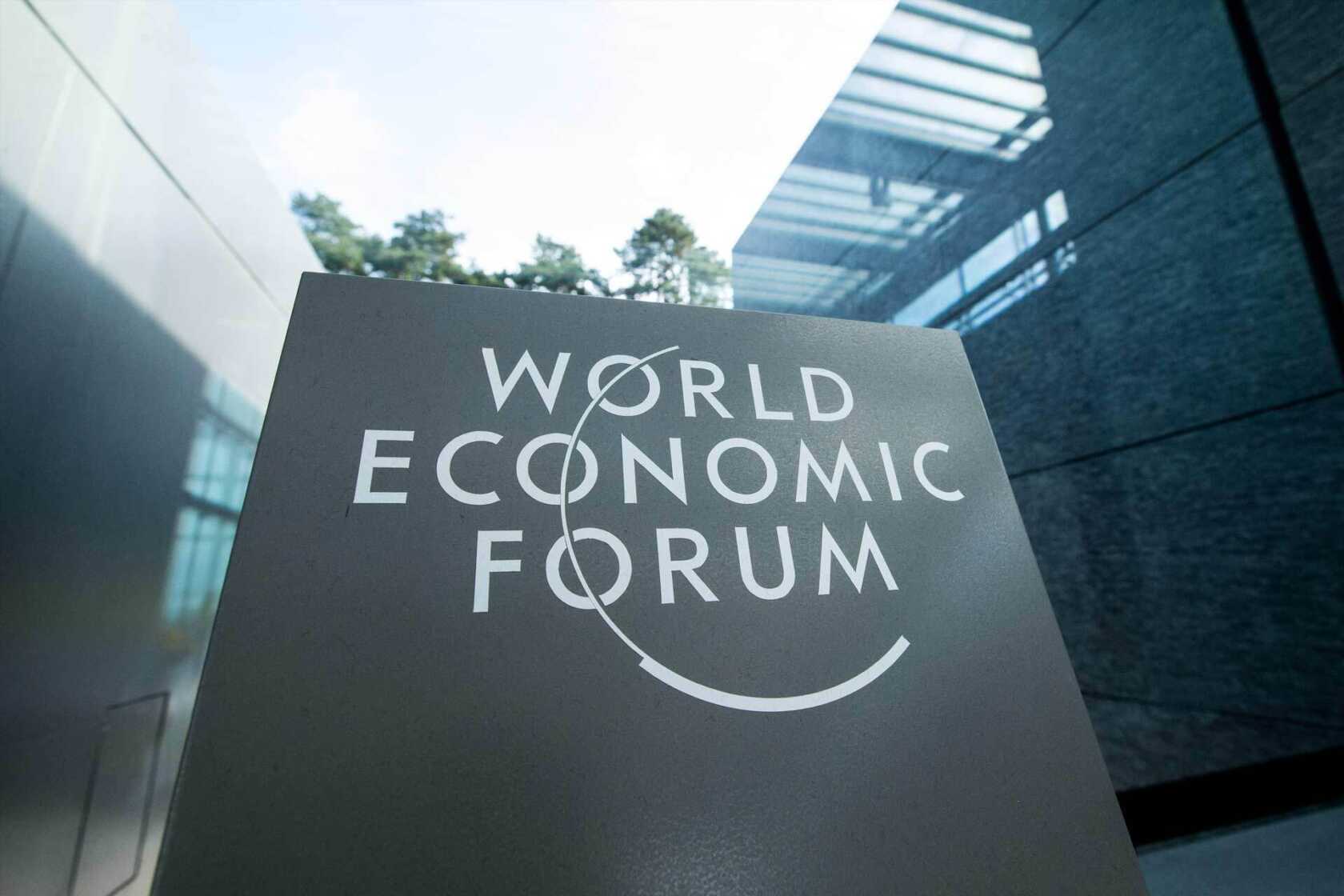
Once I arrived, without the angst or guilt of air travel, I quickly settled into the city. With a couple of hours before bed I used Geneva’s incredible public transport system to check out Le Lignon, a development to the west of Geneva with significant similarities to our very own Park Hill. I totally underestimated the distance. It was dark when I arrived so didn’t get much chance to marvel at the architectural detail, but the scale was something that I kept thinking about over the following few days.
The next morning was my first at the World Economics Forum HQ. We were told a bus heading to the HQ would leave the central train station at 8am – slightly eager I arrived early and mistakenly got on the bus, not with my fellow delegates, but with all the WEF staff. Embarrassing! One very kind lady adopted me, answered my endless questions politely, and when we arrived humoured me when I insisted on having a photograph take under every World Economics Forum sign on the way to the entrance. Lets just say I made no effort to disguise my excitement about being there.
I bumped into Oliver Martin, Chair of the Alliance, before I embarrassed myself any further, and Thomas Selby who leads Urban Transformation at the WEF. They kindly introduced me to fellow early bird delegates before official proceedings began in the incredible setting above Lake Geneva.
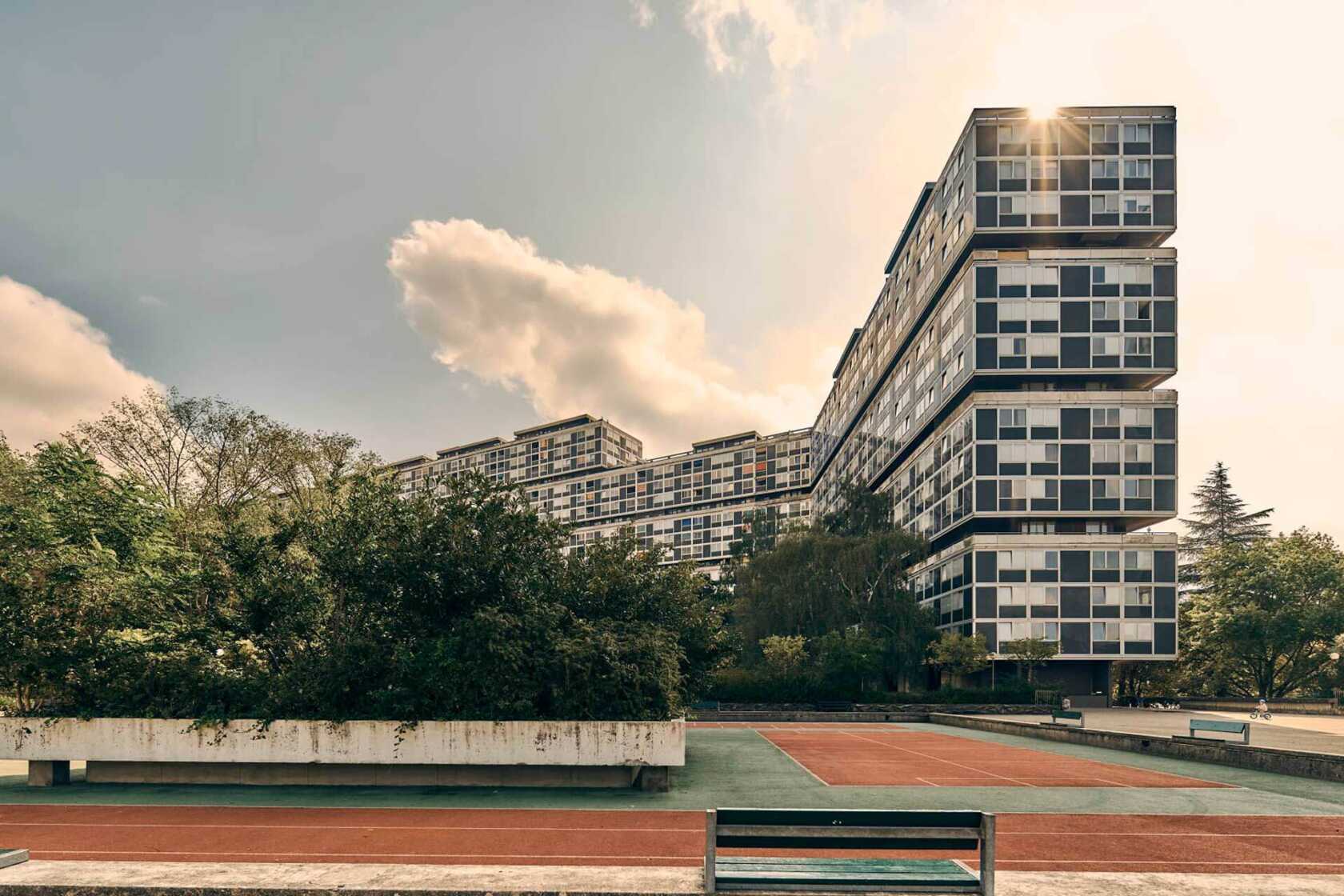
The keynote was provocative. Several indisputable truths were thrown at our feet and we were challenged, as leaders with influence on the future of the built environment, to respond appropriately. The gravity of the challenges we face globally, and our individual and collective responsibility to contribute to solutions, became very clear over the course of the first morning. What also became clear, as I listened to inspirational case studies from all over the globe, is how many answers we already have at our disposal. As more brilliant individuals shared their experiences of success, and as I prepared my own presentation for the late afternoon session, my mood shifted from disquietude induced by the mornings keynote, towards a sense of real hope and purpose. Yes there are many radical and game changing transitions we need to make as a global ecosystem and connected economy but as the day progressed, I began to get excited about my very small role in making these changes a reality.
Over the course of the two days I spent in Geneva, different but mutually beneficial approaches to successful transition emerged – one driven by a belief in technology the other a belief in culture. I left feeling Urban Splash needed to understand the interoperability of these very human mechanisms for us to successfully navigate the uncertainty ahead, and positively contribute to the future of the built environment.
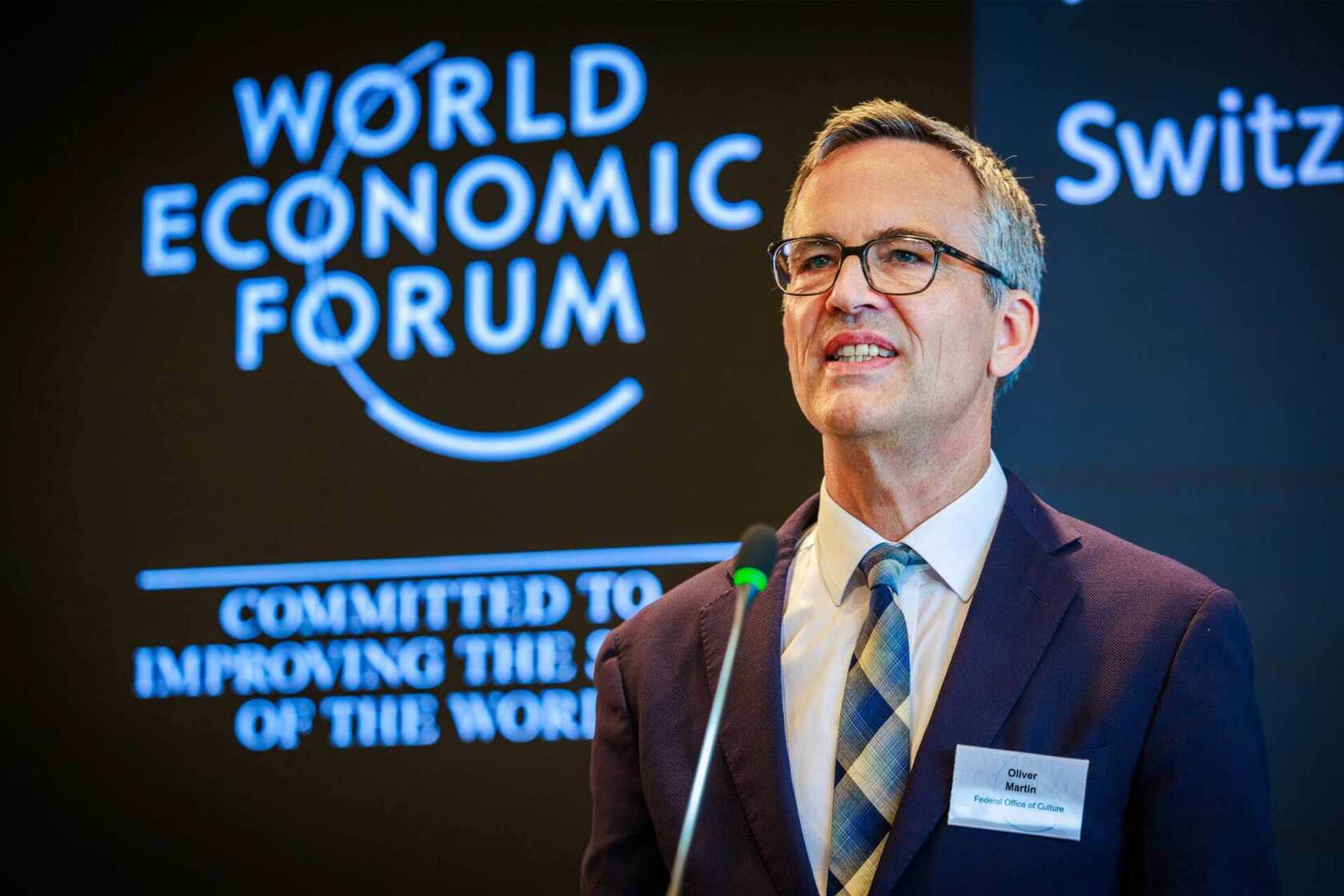
Innovators, disruptors and collaborators
Over the last 30 years, Urban Splash has earned a reputation as an innovator, a disruptor and a proven collaborator, always willing to share, learn and try new things. This event was a glimpse into the wealth of global creativity we can tap into and contribute to whilst establishing partnerships with a cohort of new international colleagues.
The two-day event was pleasingly very action-oriented. Although Chatham House rules prevent me from divulging specifics, we didn’t just talk – we each left with actions, understanding what we are actually going to do about the changes facing our world. For myself these actions were about continued engagement with the alliance and WEF and the translation of what I learnt into the strategic direction of the Urban Splash group.
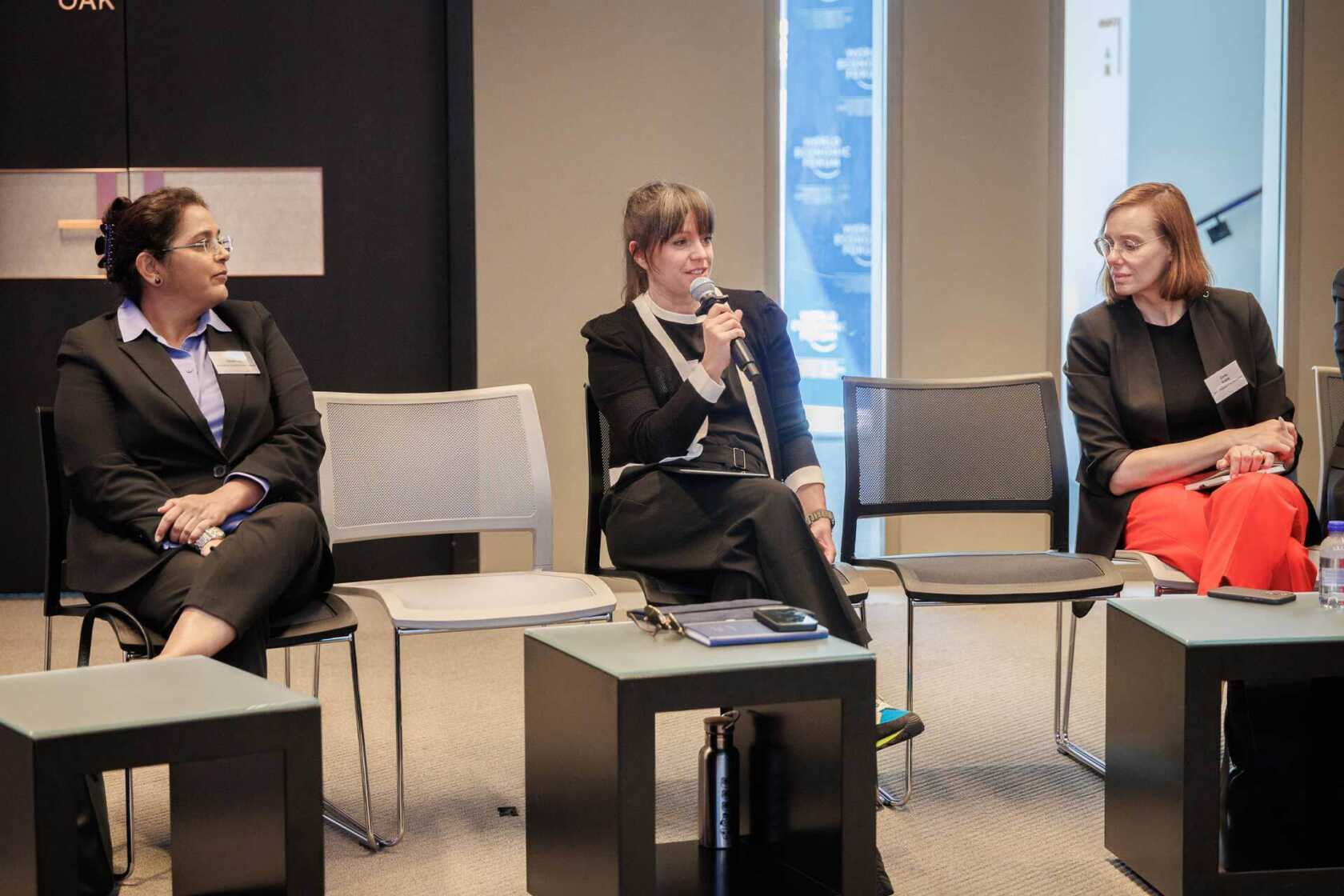
Looking South
I can share some key considerations – firstly there is a lot we can learn from colleagues in the global south. Nations there are facing major crises that are yet to impact us on the same scale. Population growth and urbanisation in this part of the world is on an entirely different scale to that facing Europe. This event brought together so many different perspectives on the same issue, that I definitely felt I have been looking far too inwardly for solutions. I need to broaden my net and this event really helped me to recognise and address that.
I learned a lot about the potential of data; it can and should be used to change systems for the better, especially financial systems. We have so much insight that can be channelled into creative solutions for our financial infrastructure, which ultimately holds up, drives, and influences the built environment.
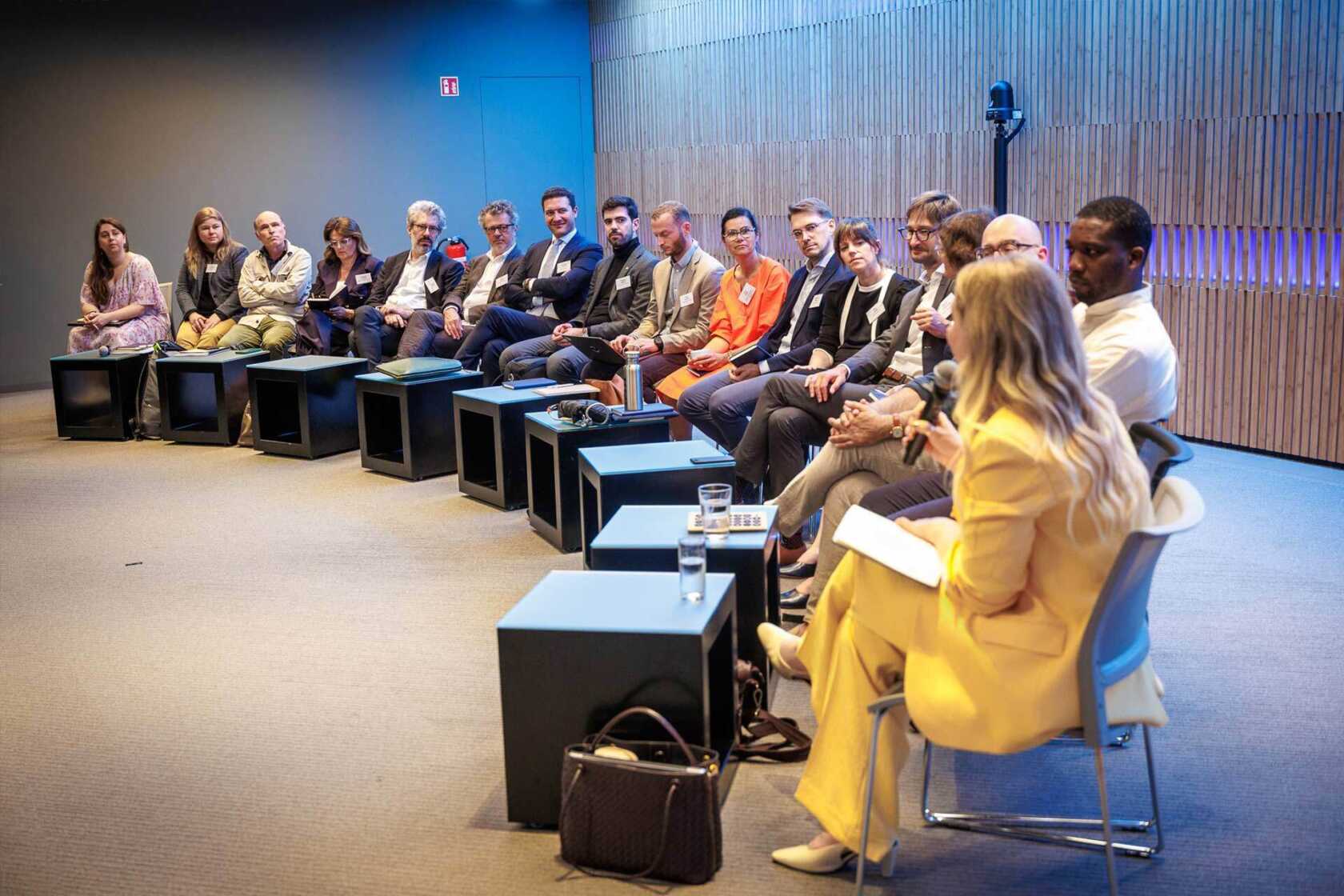
Use what we already have
Unsurprisingly one of my favourite talking points was around repurposing and making the most of existing assets – be they buildings, public space, social fabric or infrastructure. Its something Urban Splash has proven itself to be very good at, as I shared at the event when I talked about our work at Park Hill.
Carbon budgets were a topic which we returned to frequently, with frank conversations about the reality of keeping emissions within targets agreed in the Paris Agreement whilst also providing sufficient and adequate housing and civic infrastructure – now and as climate migration increases populations in the global north. Repurposing is a valuable solution here. In the UK we talk about the need for additional housing and our failing town centres and high streets, without joining up the conversation and considering how existing underused property can be repurposed without excessive use of our carbon budget.
Many of the challenges we discussed didn’t require new technology, carbon capture or the invention of new materials and techniques – it seemed to me most of the solutions to the various challenges we talked about were changing preconceptions, processes and systems. Preventing ourselves from getting in our own way.

A train of thought
As I set back off on my return journey, I was fortunate to meet two lovely gents from the UAE, both on their first trip to Europe. It was interesting to talk to them about their country, the contrasts with their experience in Europe, and reflect on the context of the global scale discussions I had been having at the forum.
They talked about the impact of climate change on their lived experience, how they tend not to go outside in summer, elaborating on their dependency on air conditioning and active systems. They described unliveable conditions and contrasted them with the European cities they had been visiting – not just because of heat but also scale, the relative liberty, and the planning, development, culture, and technological differences of these two places.
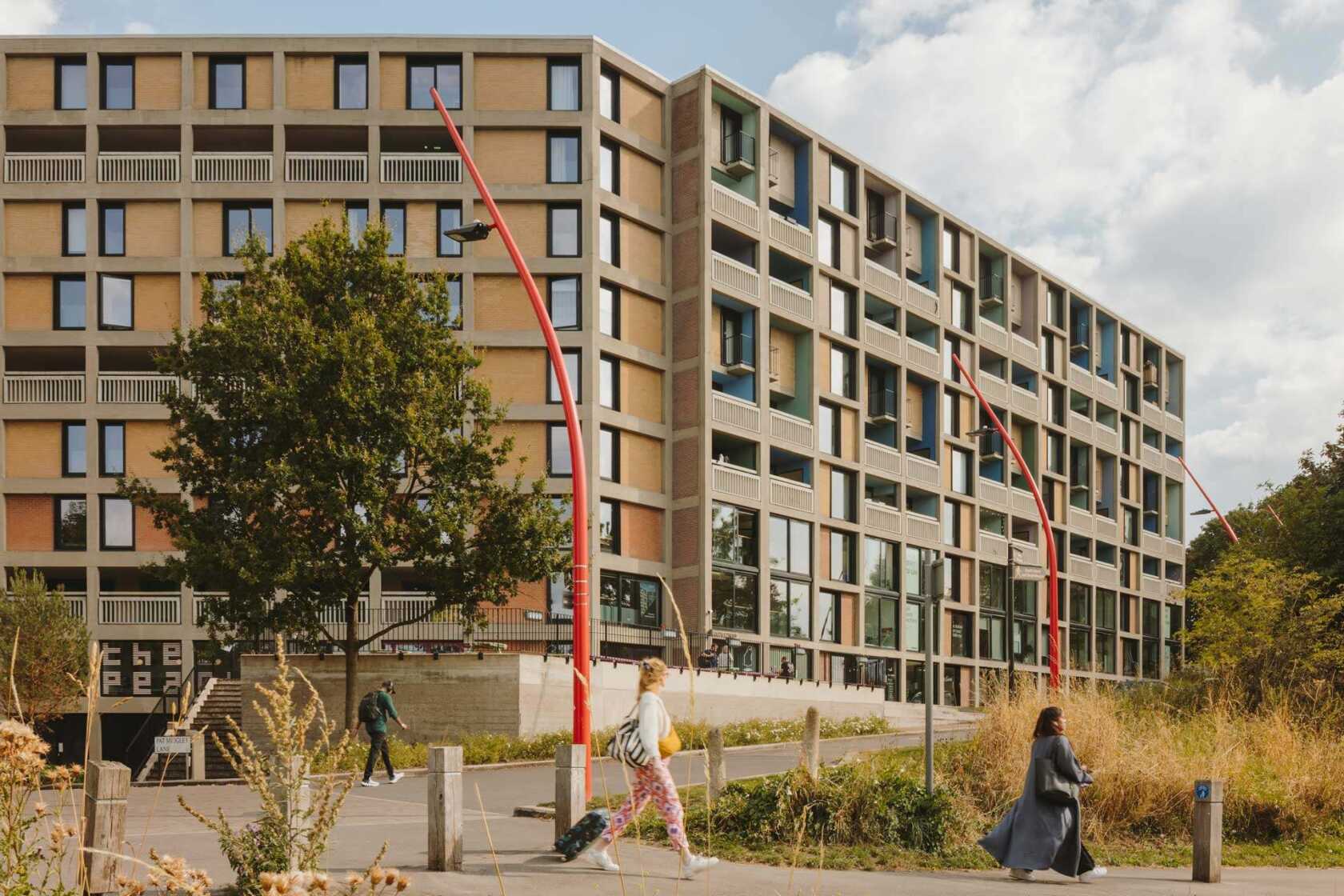
Technology vs. culture
This led me back to this sense of technology vs culture and where within each of these things the solutions for a harmonious global future lies. Where do we place our big bets, invest our resources, time, creativity and energy? Do we see our future like that of the UAE, where tech is prolonging comfort and habitability, or a future more where culture is leading the transition changing the way we operate, what we value and how decisions are made?
I suspect like most things the answer sit somewhere in the middle – one feeding and evolving the other in a cyclic system just like our planet. For me, I want to keep attending events like these, immersing myself in and contributing to the global exchange of experience and knowledge so that it can inform the way in which I steer the strategic direction of Urban Splash and the personal decisions I make in my own life. Ultimately, we must remember that human beings have been living fairly successfully on this planet for a long time. We don’t need to reinvent the wheel; we just need to stop ignoring that its about to fall off and use technology and culture to shift our fate.
I hope that more action-orientated gatherings like that the one I attended in Geneva will help us find the answers.
Urban Splash Newsplash
Want to be kept in the loop about all things Urban Splash? Then sign up for Newsplash!
Our monthly news round-up with the latest and freshest news on property development, place-making, housing, architecture, events and careers sent straight to your inbox.


